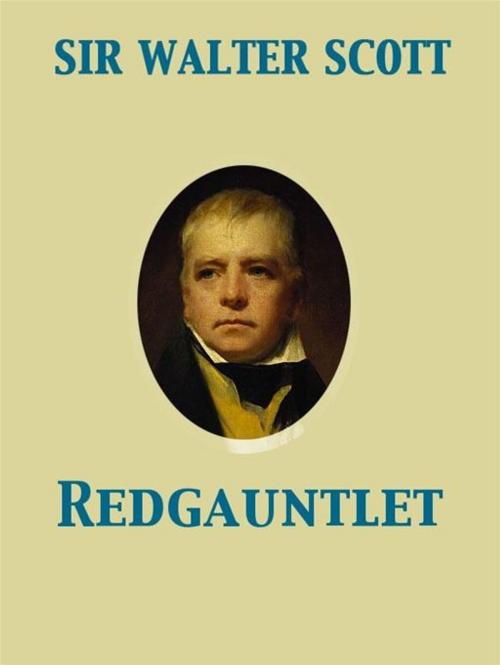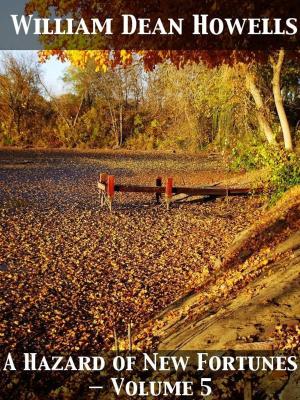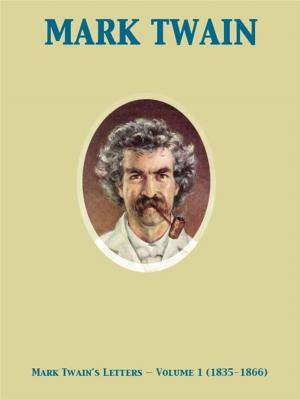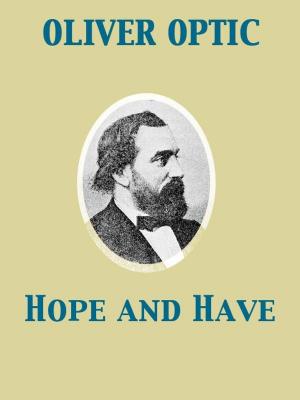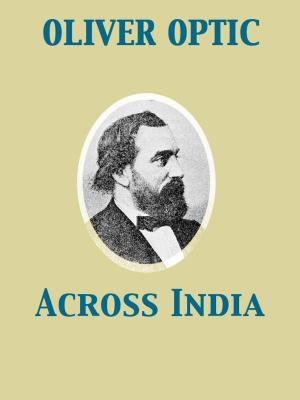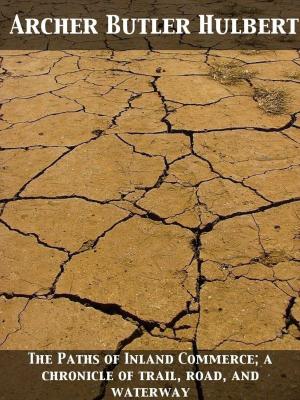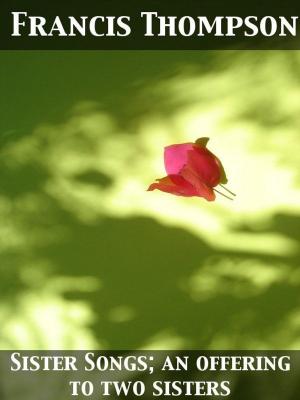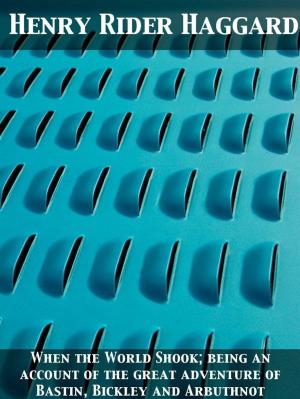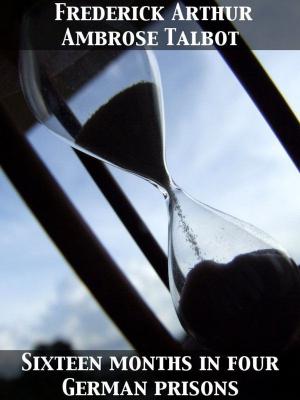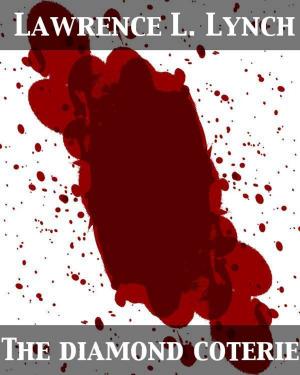| Author: | Walter Sir Scott | ISBN: | 9782819922599 |
| Publisher: | Release Date: November 27, 2011 | Publication: | November 27, 2011 |
| Imprint: | pubOne.info | Language: | English |
| Author: | Walter Sir Scott |
| ISBN: | 9782819922599 |
| Publisher: | Release Date: November 27, 2011 |
| Publication: | November 27, 2011 |
| Imprint: | pubOne.info |
| Language: | English |
The Jacobite enthusiasm of the eighteenth century, particularly during the rebellion of 1745, afforded a theme, perhaps the finest that could be selected for fictitious composition, founded upon real or probable incident. This civil war and its remarkable events were remembered by the existing generation without any degree of the bitterness of spirit which seldom fails to attend internal dissension. The Highlanders, who formed the principal strength of Charles Edward's army, were an ancient and high–spirited race, peculiar in their habits of war and of peace, brave to romance, and exhibiting a character turning upon points more adapted to poetry than to the prose of real life. Their prince, young, valiant, patient of fatigue, and despising danger, heading his army on foot in the most toilsome marches, and defeating a regular force in three battles—all these were circumstances fascinating to the imagination, and might well be supposed to seduce young and enthusiastic minds to the cause in which they were found united, although wisdom and reason frowned upon the enterprise
The Jacobite enthusiasm of the eighteenth century, particularly during the rebellion of 1745, afforded a theme, perhaps the finest that could be selected for fictitious composition, founded upon real or probable incident. This civil war and its remarkable events were remembered by the existing generation without any degree of the bitterness of spirit which seldom fails to attend internal dissension. The Highlanders, who formed the principal strength of Charles Edward's army, were an ancient and high–spirited race, peculiar in their habits of war and of peace, brave to romance, and exhibiting a character turning upon points more adapted to poetry than to the prose of real life. Their prince, young, valiant, patient of fatigue, and despising danger, heading his army on foot in the most toilsome marches, and defeating a regular force in three battles—all these were circumstances fascinating to the imagination, and might well be supposed to seduce young and enthusiastic minds to the cause in which they were found united, although wisdom and reason frowned upon the enterprise
